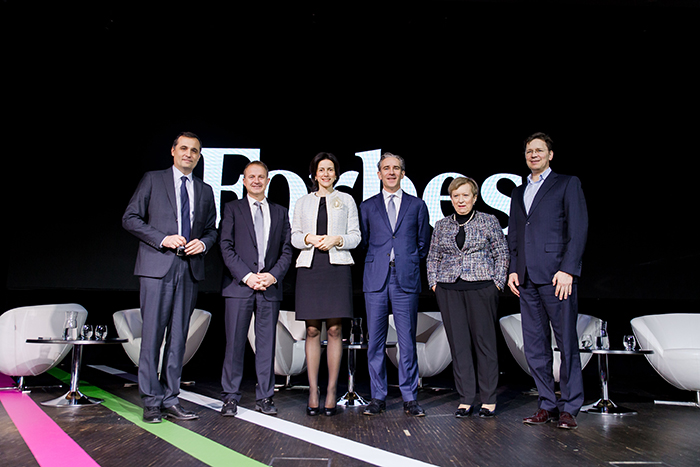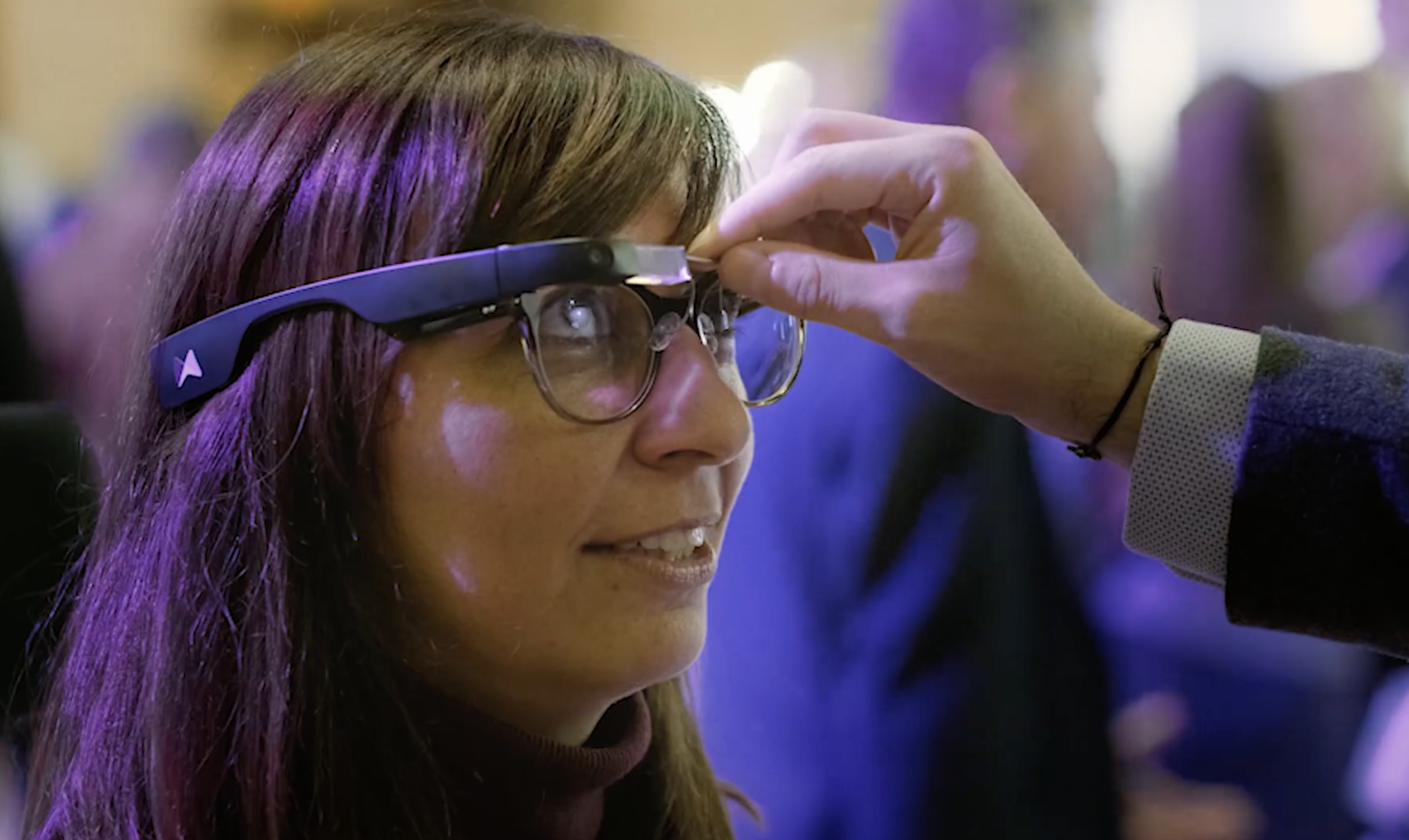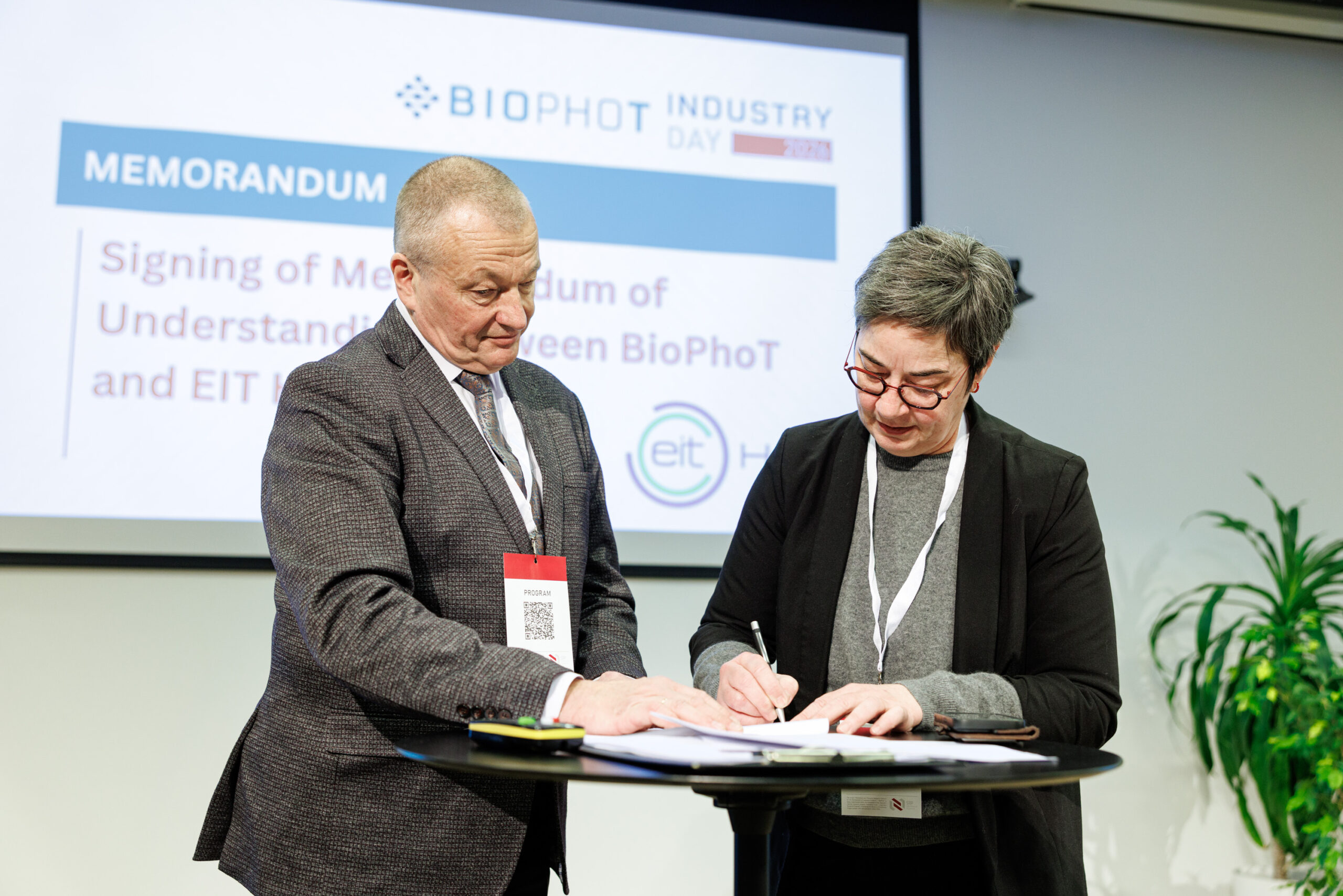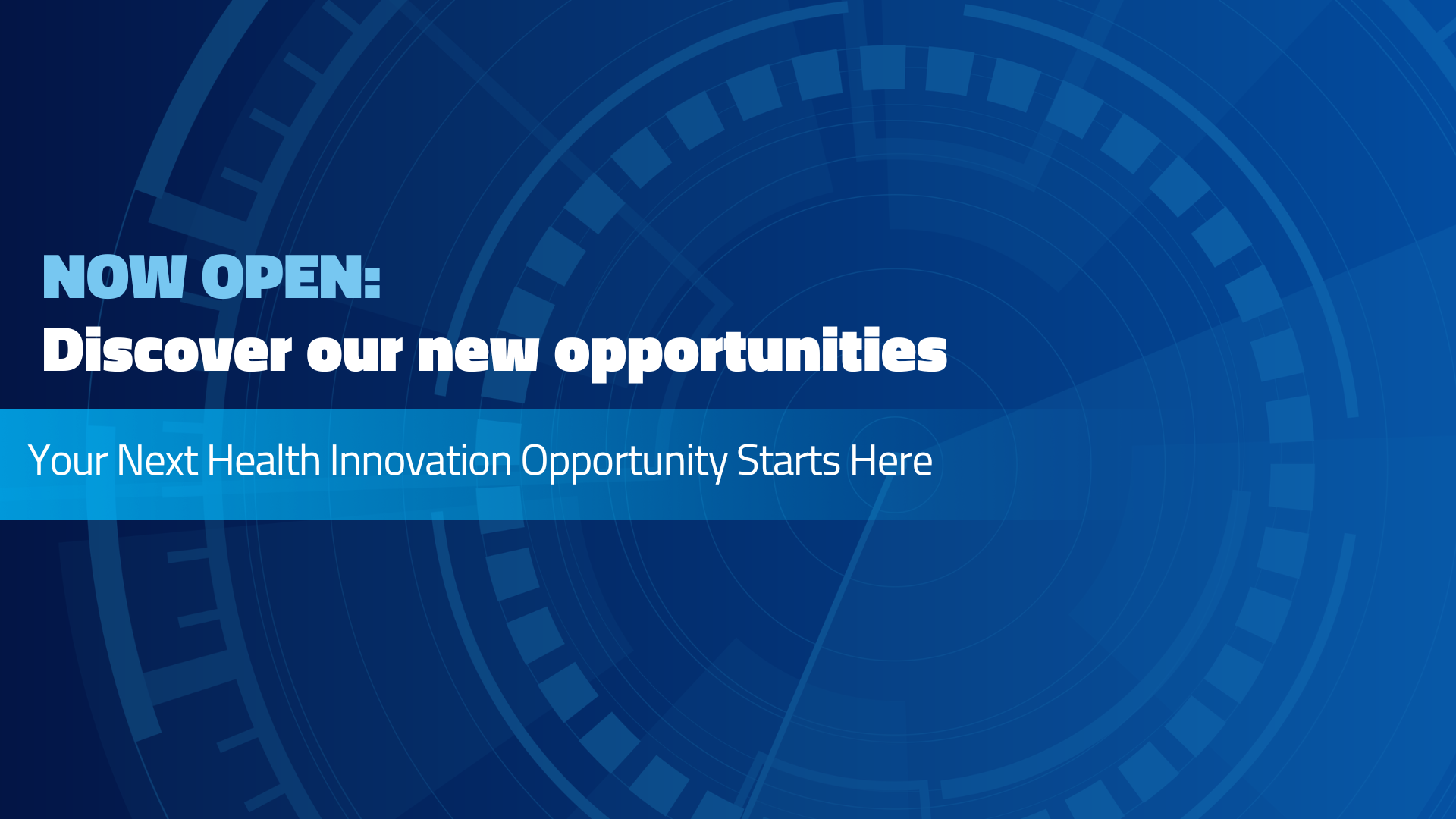27th February 2019
Session held during EIT Health Summit in December
Five trends in the future of healthcare were identified by leaders in healthcare innovation in Europe during a special panel of InnoStars Partners and other EIT Health Partners organised by Forbes Magazine at the EIT Health Summit 2018 in December. The trends, published by Forbes, give an enlightening overview on directions for the EIT Health community and the healthcare field in general.
The trends are summarised here, and the proceedings of the panel can be seen in the videos below.
The panellists included: Maciej Wieczorek (Celon Pharma), prof. Lucyna Woźniak (Medical University of Łódź), Reinier Schlatmann (Philips), Filipa Fixe (Glintt) and Balázs Fürjes (EIT Health InnoStars).

The trends they identified were as follows:
Trend 1: Manage the patient’s health, instead of managing his disease. Society is becoming older, we have more and more chronic diseases and more and more technologies. Such a combination results in an unsustainable financial model. Therefore, one of the biggest trends in the forthcoming years will be managing health before getting sick, and to use technology only to monitor patients from a distance. Home care and disease prevention have to be leveraged on technology.
Trend 2: Positive lifestyle requires friendly technologies. Changing the lifestyle of societies is the new Holy Grail everyone is looking for in healthcare. A healthy diet, physical activity level and healthy body weight are the top 3 indicators of a healthy lifestyle that can prevent diseases. Studies show that the more healthy habits people have, the longer their lifespan. On average, life expectancy is increased by two years in men and women by improving at least one of those habits.
People need user-friendly interfaces and applications to monitor their health, e.g. count calories. Technology in healthcare should be adjusted to all layers of society. “All the stakeholders need to be involved in it: health professionals, patients, health units. Collecting data only for yourself is only nice to have, but to be efficient, it has to be linked with health professionals”, says Filipa Fixe, Glintt, Partner of EIT Health InnoStars.
Trend 3: New biotech drugs will be less expensive. “70-80% of the money spent on drugs is spent on new biotech drugs for the treatment of rare diseases”, states Maciej Wieczorek, Celon Pharma, Partner of EIT Health InnoStars. There is a huge potential for new innovation to decrease the cost of such drugs, for instance, by modifying the production process or proteins. “There are high chances that we will be able to decrease the cost of biotech drugs by about 2-5 times in the next decade”, adds Maciej Wieczorek.
Trend 4: New technologies will be applied in order to properly use drugs. Today, many prescribes do not know how patients use drugs. In such cases as asthma, we know that 80% of the ineffectiveness of drugs is not because they does not work, but because patients do not take them in a proper way. Implementing technologies in this field can be a very cheap way of increasing the health output, especially regarding drugs like inhalations.
Trend 5: Innovations are everywhere, but they need to be validated at an early stage. Today, more and more innovations come from start-ups from all over Europe, also from emerging countries. “What we’ve seen in Eastern Europe is that there is a lot of talented people with innovative ideas. Sometimes, the environment is not enough to make them successful. Usually, they are good at technology ideas, but not in the business field. So, firstly, they need education, mentoring, learning how to prepare a business plan and hop to pitch. They also need a fast validation as well as to gain access to international investors and a wider audience. This is what we provide within the biggest European EIT Health Accelerator”, underlines Balázs Fürjes, Managing Director, EIT Health InnoStars.
Videos of the panel:
When Ideas Meet Ambition - How Impact Happens at EIT Health

How Impact Happens at EIT Health
EIT Health and BioPhoT Sign Memorandum of Understanding to Strengthen Health Innovation Collaboration

Strengthening health and life-science innovation in Latvia
